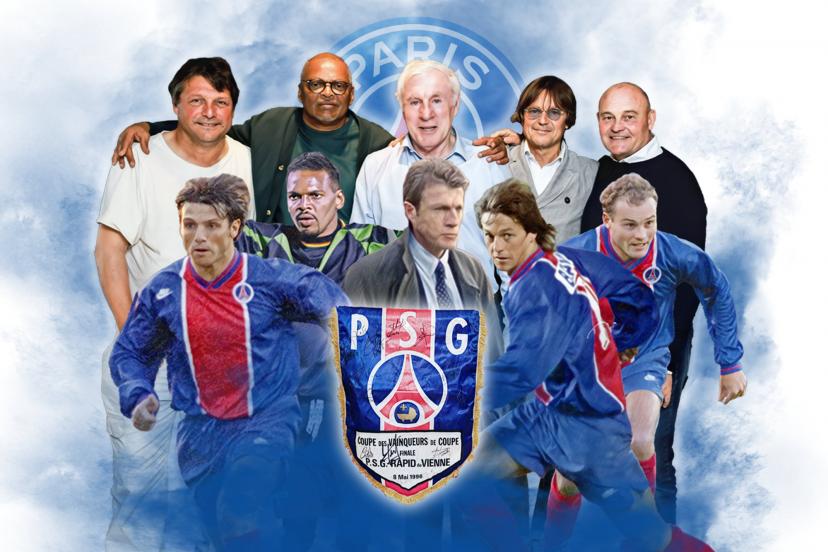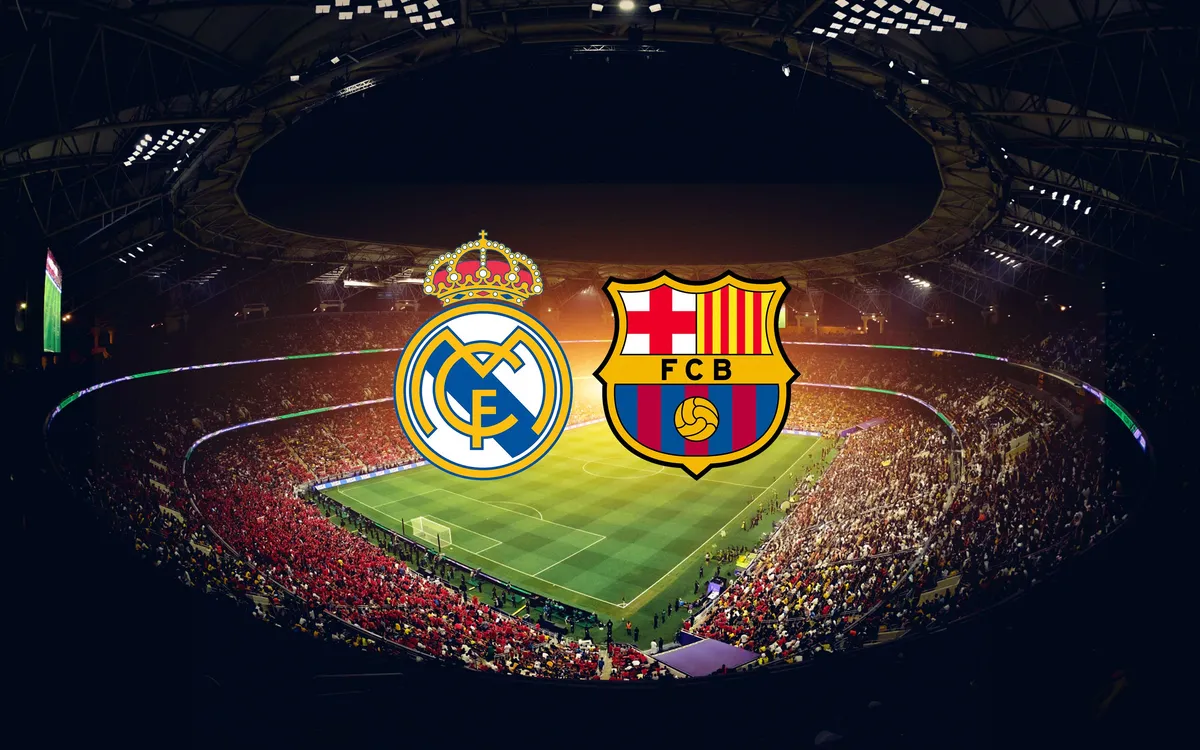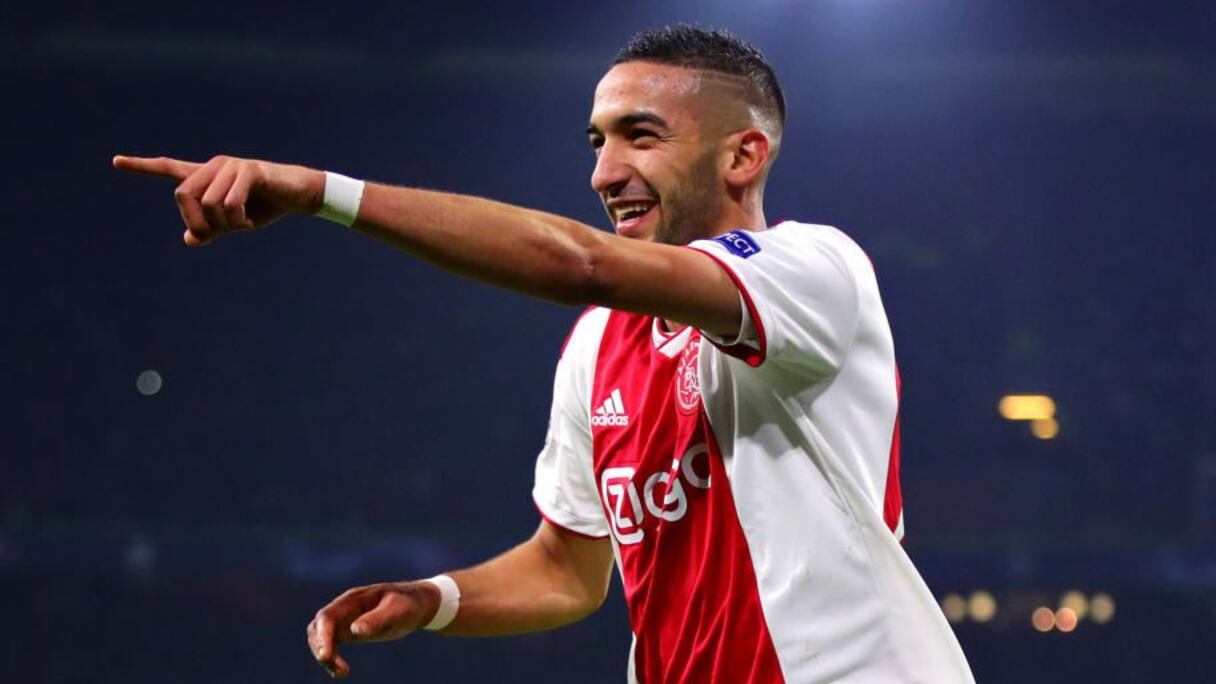PSG 1996 Cup Winners’ Cup Legacy & Modern Team Dynamics

PSG’s 1996 Cup Winners’ Cup Triumph: Legacy and Modern Reflections
Introduction
In 1996, Paris Saint-Germain etched its name in European football history by clinching the Cup Winners’ Cup, a victory defined by grit, unity, and tactical ingenuity. Nearly three decades later, key figures from that legendary squad—Daniel Bravo, Vincent Guérin, Bernard Lama, and Laurent Fournier—gathered to revisit their journey, contrasting it with the modern PSG era. Their reflections reveal a stark evolution: from resource-strapped underdogs to a global powerhouse. As today’s PSG prepares for another European final, the 1996 team’s emphasis on collective effort and resilience offers a poignant counterpoint to the star-driven strategies of the present. How does this historic triumph resonate in an era of astronomical budgets and individual stardom?
The 1996 Victory: A Testament to Team Cohesion
The 1996 Cup Winners’ Cup win against Rapid Vienna (1-0) was a masterclass in teamwork. With limited resources, PSG relied on camaraderie and tactical discipline. Players like Laurent Fournier and Bernard Lama highlighted the grueling conditions—improvised training facilities and minimal staff—that forged their resilience. Daniel Bravo emphasized the squad’s ability to “fight for every ball,” a stark contrast to today’s polished setups.
External Perspectives: Players Reflect on Legacy
Former stars dissected the cultural shift in football. Bravo noted, “We were hated in France, but that fueled us.” Luis Fernandez, then a young coach, revealed challenges in securing top talent, a far cry from PSG’s current global recruitment. The group also critiqued modern player loyalty, with Guérin remarking, “Today’s stars leave after a season; we built something lasting.”
Modern PSG: Balancing Legacy and Ambition
As PSG eyes another Champions League title, the 1996 squad’s insights resonate. The current team, led by Luis Enrique, blends technical brilliance with high-pressure tactics. Yet, veterans question its mental fortitude in high-stakes moments. Lama observed, *”Youth brings energy, but experience wins finals.”*
Bridging Eras: Unity vs. Individual Brilliance
The 1996 team thrived on collective identity, while today’s PSG leans on stars like Mbappé. Fournier noted, *”We had no superstars, just 11 fighters.”* This raises questions about balancing individual talent with team chemistry.
Strategic Evolution: From Defense to High Press
Fernandez highlighted tactical shifts: “We focused on defense; today’s game is about control.” Modern PSG’s emphasis on possession and pressing mirrors Barcelona’s golden era, yet critics argue it lacks the 1996 squad’s defensive grit.
The Leadership Divide: Then and Now
Fernandez’s hands-on approach contrasts with Enrique’s data-driven methods. Bravo quipped, *”We argued over tactics; today’s coaches have analytics.”* Leadership styles reflect broader changes in football’s approach to management.
Conclusion
The 1996 Cup Winners’ Cup remains a cornerstone of PSG’s identity, a reminder of what teamwork can achieve. As the club navigates modern challenges, balancing its rich legacy with global ambitions will define its future. The question lingers: Can today’s PSG honor its past while forging a new era of dominance?


